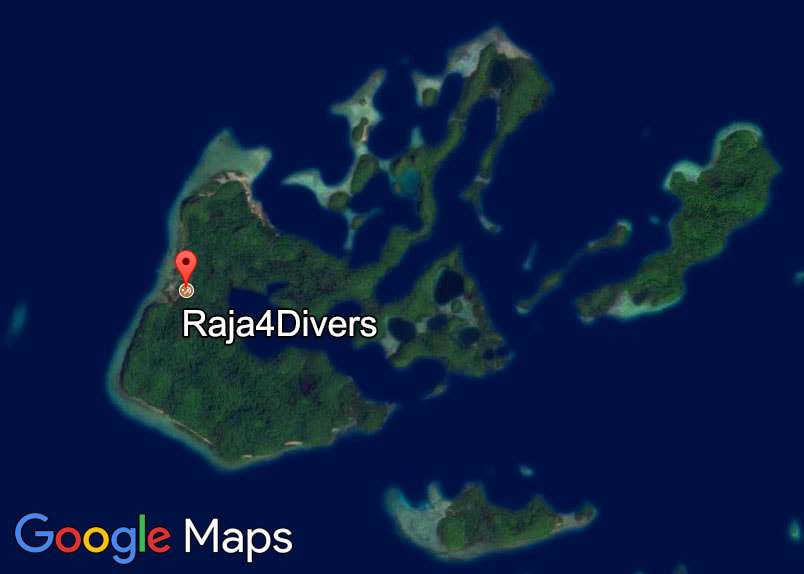|
For about a year now, I have been teaching English to our dive and snorkelling guides. Since the beginning of the lockdown, we intensified the training so that I am now teaching three times a week. We have two groups, beginners and advanced, and the lessons usually take place from around 4 to 5pm, with 30 mins for each group. Timing is always a little challenging as every other time or so, something comes up that makes it difficult to either start on time or even have the class. And sometimes, they simply forget to show up because they are so busy working… Teaching the beginners is not an easy task, because the Indonesian language has a very different (and much easier) structure than English. To go from easier to more difficult is obviously harder than the other way around, which sometimes makes it difficult for me to find an example to explain something. But in a face-to-face situation, I usually manage, because I can use gestures or – if worst comes to worst – ask one of my colleagues for the Indonesian word if I don’t know it myself. Since I am currently back in Switzerland again for a while and knowing that they will not study English on their own, I offered to teach via Zoom twice a week, always at 7.30am (!) for me and 4.30pm for them. While concentrating was already difficult for them during our normal face-to-face class on the island, it is even more difficult in a remote situation. Arif, our dive manger, is helping a lot by getting the technical side sorted out, starting up the Zoom meeting and getting everybody there on time. Most of the times, he stays during both classes to help them focus on studying, but as soon as he leaves the room, I can feel the concentration fading. When I’m on site, I try to make our English class varied and spontaneous, integrating games and involving my students actively. Via Zoom, this is a little more challenging. The advanced group has been working on looking up marine animals and describing them in English during our class. Apart from small talk with our guests, this is what they need most in their daily jobs as dive and snorkelling guides. So, we are trying to continue this via Zoom. With the poor internet connection, the sound is rather bad and I’m having problems understanding my students. And some of them seem to think that while one is talking, the others don’t need to stay in the room. They simply walk out of the room to have a smoke or go for a little stroll. They do come back after a while, but at first, I was very irritated and didn’t understand what was going on. In Switzerland, most of us are quite disciplined and would be upset by such behavior, but I know my students don’t mean to be disrespectful. Most of them didn't spend a lot of time at school or didn’t have to sit still for longer periods of time to concentrate on studying. And digital education is already demanding for people who are used to home schooling and Zoom meetings, let alone for someone who grew up in a little Papuan village. Yet, I still believe they enjoy these English lessons. It’s a change from the daily routine and I’m convinced, most of them actually like to learn something new, even if they don’t always appear very keen. We laugh a lot and have fun while studying. I simply try to make them talk which is what they really need. What we all need in a foreign language – loose our fear of making a mistake when talking. When one of them does make a mistake, the others usually laugh at him. At the beginning, I felt really sorry for the guy. But now, I learned that it’s normal to laugh just about anything and this is not considered rude. The one that is laughed about will laugh about someone else soon after.
The other day (or morning for me), all of my students were at the dive center at the same time (and on time) when we started the Zoom session. Arif told me that we would do both levels together because they needed to finish something afterwards. OK I thought, this is going to be interesting. And then I realized that the only thing they were really interested in before we started with English was whether my daughter was around. They were hoping to get a glimpse of her via Zoom! Unfortunately for them, she was out that morning. Maybe next time. I hope this will encourage them to use their best English to communicate with her😉.
0 Comments
As I was running along the river Limmat in Zurich the other morning with my daughter’s dog Cookie, I was admiring the falling autumn leaves and thought how beautiful this was. The leaves were everywhere, on the grass, the path, the street and on benches. This being Switzerland, I could hear the city employees with their very loud leaf blowers blowing the leaves off the street, the paths, the benches and even the lawn that was perfectly mowed, of course. What a pity, I thought. The yellow, red, brown and green leaves were making the grey city look a lot more colorful. And in my eyes a lot more beautiful, too. But maybe, this is not the typical Swiss idea of beauty. We normally like it neat and clean and well organized. On the other hand, when our guests come to Pulau Pef, they like the fact that we don’t control and cut down nature that much and that we all live with and within nature. Of course, we clean the paths, the jetties and the sandy areas every day, as they would otherwise be covered with huge palm leaves very quickly and would make walking around very cumbersome. But apart from that, being on Pulau Pef feels quite the opposite of super clean Switzerland. Suddenly, we think this is beautiful. Now that there are no guests at the resort, there is a lot of maintenance and renovation going on. Among other things, we also redid some of the pathway borders with new stones and rocks. The idea of our employees was to make these borders as straight as possible, because they considered this to look beautiful. Maya had to intervene and ask them to keep the borders a little curved to make it look more natural. In our – and our guests’ – eyes, it looks more beautiful that way. But not so in the eyes of our local staff… Maya told me that during construction times, our employees wanted to sand down and varnish all the pillars that were used for the bungalows and other buildings, because they thought this looked more beautiful. Well, Maya thought the opposite – she wanted everything to remain as natural as possible, and so they remained untreated. It is what we westerners feel creates the special atmosphere and adds authenticity to our resort. We look for natural looks and the locals prefer treated materials, maybe also to show that we can afford the treatment. Two rather different ideas of beauty. Indonesians also like colorful things and clothes and they tend to mix patterns. The more glitter and shiny parts, the more they seem to like it. A western eye might question their taste, but they in turn might question ours, judging our discreet style as too boring. And you have to admit that bright colors do look great on darker skin.
The more I get to know the joyful mentality and the sunny nature of my Indonesian colleagues, the less their idea of beauty seems foreign to me. It simply fits their style, their humor and their behavior. They love life, as simple as this life may be in our eyes. The notion of beauty is not an absolute value, it depends very much on your personality and the world you live in. Like with many other things I experienced in the last 15 months in Indonesia, I have to let go of prefabricated ideas and think they are valid for everyone. Why would my idea of beauty be the same for my Indonesian colleagues when we grew up in completely different environments, having been taught different values? I’m still curious to find out more about our two different worlds and what other notions we differ in. And I’ll make sure to tell you about them! I have to admit, I am very sensitive to the weather. I love the heat and the sunshine and feel miserable if it rains for days and the weather gets cold and grey, which is often the case in Switzerland in fall. I’m therefore in the perfect place in Raja Ampat, utterly enjoying the hot and humid days (ok, I could sometimes do with less humidity…) and complaining immediately if the temperature drops a few degrees. Fall in Switzerland - as beautiful as a hike in the mountains on a sunny day can be - regularly brings me to the verge of depression whenever it shows its wet and cold side for days or weeks. Many of my European friends say they like our seasons, the change they bring, and that they would miss this a lot in an area without seasons. Not me! I do like to go skiing in winter and love to walk through the fresh snow on a sunny day. But I can perfectly do without, as long as I have the sun and the warm temperatures to make me happy. People often ask me about the best time for a visit to Pulau Pef. My answer is always the same: basically, all year round. We have no rainy season, nor do we have a dry season. You can be lucky or unlucky every month of the year. Last year, for example, was a very dry year - at least the second half of it that I spent on the island. It hardly ever rained, and the usually lush green vegetation was beginning to look a little yellow and thirsty.
This year, however, it has been very tropical, with a little rain almost every day or night. The rainfall could range from 3 minutes to a few hours, from a light drizzle to torrential downfalls with winds, thunder and lightning. But luckily, we never have big storms as Raja Ampat lies in the center of the equatorial belt. A typical day may start with some rain in the early hours of the morning, some clouds but dry weather during breakfast, beautiful sunshine and hot temperatures in the afternoon and a gorgeous sunset with the perfect number of scattered clouds in the sky to make for beautiful pictures. Repeat the next day. «Four Seasons In One Day» is a song by the Australian/New Zealand band Crowded House which I like very much. It perfectly represents the weather we often have on Pulau Pef and illustrates why no weather forecast will ever be able to predict our weather. But who needs to know upfront what the weather will be in paradise? If there’s rain, you know that soon after there will be sunshine again. And if you’re going diving, you’ll get wet anyway! I notice that I don’t mind bad weather that much anymore when I’m in Switzerland, because I know that I will go back to Raja Ampat and enjoy the warm tropical temperatures again. Even though the island’s beauty does have a tendency to become normal after a while, I will never get tired of the – in my opinion – great climate of my second home. There’s just one aspect about the humidity that I don’t like, which has to do with the fact that we – luckily - don’t have air conditioning in our bungalows: my clothes, towels and bed linens are never really dry. On hot days, I don’t mind. But on wet and cooler days, I would give a lot to have dry clothes to slip into in the morning or a dry bed to lie in at night. But hey, you can’t have your cake and eat it too, can you? When I took this job far away from Switzerland, I knew that there may be times when I would have to go home on short notice because someone in my family would need help. My parents are very fit, but over 80 years old and my only sister also lives abroad, so one of us will always have to travel if something comes up. As my mother is currently not feeling well, I’m on my way back to Switzerland as you read this blog post. My Indonesian colleagues were surprised to hear that I was going to Switzerland because my parents were still living on their own and that neither my sister nor someone else was living with them to take care of them. This would be unthinkable in Indonesia. The family structures vary from region to region, but the principle of someone in the family living with the parents is the same everywhere. In Papua, especially in small villages, the family structures are very open, and children often stay and sleep with other family members or friends (which most of the times are related too…), without their parents worrying about them. They know that the kids are being taken care of. And the same works the other way around. Old people are usually integrated in some kind of family structure and looked after. But «taking care of» doesn’t necessarily have the same meaning as back home. It may just be food and making sure they are ok. Not the kind of care that we would expect in my country with medical help and integrating them in our daily life. In Java, I was told, the youngest daughter is supposed to stay with the parents when they get older and take care of them. Sometimes, it may also be the oldest daughter, depending on the situation. The other siblings may live and work somewhere else, but they are expected to support the parents financially (and the rest of the family as well, but that’s another story). It gets complicated when the youngest daughter marries, because she is then expected to live with her husband and – if he doesn’t have any sisters - take care of her parents-in-law.
Looking after your parents is simply normal here and not considered a burden. On the contrary, it’s supposed to bring good luck and as an adult, it is your duty to give back to your parents what you received from them. How different from my culture! Not many people in Switzerland would consider «sacrificing» their career or their freedom to live with their parents and look after them. I never really considered it either, to be honest, because I will still need to work quite a few more years to provide for my pension. But my current situation and talking to my colleagues here got me thinking. Is it right to be so selfish? After all, our parents did sacrifice a lot for us. So, do we owe it to them to give some of it back? I don’t think it’s such a simple equation. Our parents raised us to be independent and live our own lives. Many of them would feel like a burden if their children were to take care of them. And we also have our own children to look after, so most of us are already busy juggling job and family at the same time. How could we add the parents on top of this? Because we feel that we would have to be perfect if we took the wellbeing of our parents into our hands. But do we? Maybe, it’s just about giving them the feeling of being part of the family again? Even if they are still able to take care of themselves, they would be less lonely, especially if one of them has already passed away. If the current Corona crisis shows us one thing very clearly, it’s that many people are lonely – young and old. But especially single elderly people who still live by themselves and are not advised to leave the house because they are in the high risk group. Maya, my boss, has her 87 year old mother on the island and takes care of her every day. And she says she enjoys having «Oma» (as the rest of us call her) around as long as she can. If she took her back to Switzerland, she would have to place her in a nursing home because Oma is not able to live on her own anymore. Even though, it is quite a bit of work for Maya, they both seem to enjoy being around each other, and it looks like a wonderful arrangement. I must say, I still hesitate. How would I feel if my children were to take care of me? I know I would feel like a burden to them, thinking that they have enough on their back already. And I think, my parents feel the same way about me and my sister. But things may change as we go along… I’m not there yet and hope my mum will feel better soon, so that I’ll be able to go back to Pulau Pef. But the situation definitely started a process in me. Who knows where it will take me, but for now, I’ll be back in Switzerland for a while. |
#TalkingWithMangrovesI never even dreamt of working on a remote island in Indonesia, but life has a way of taking care of itself… Archives
May 2021
|
LocationPulau Pef - Raja Ampat - Indonesia
|
Follow Us
Our Office in SorongJl. Gagak No.7 B, Km 7 Gunung, RT.001 RW.002
Kelurahan Malengkedi, Remu Utara PO Box No.130 Sorong 98416 – Papua Barat - Indonesia Phone +62 (0)811 485 7711 |
Rates and information are subject to change without notice. Terms and Conditions apply. All rights reserved.
Imagery is copyrighted and may not be used without express permission and written consent.
Images and videos of the following photographers / videographers were used for this website:
Barbara Moll, Claudia Peyer, Pere Rubio, Thomas Haider, Filip Staes, Christian Kaufmann, Dos Winkel, Duri Mayer, Jürgen Freund,
Daniel Brinckmann, Amanda Künzle, Joram Zimmermann, Ramon Sibold, Roman Keller, Barbara & Markus Aichinger, Fabienne Hadorn, Andreas Hadorn,
Armin Keller, Marcel Rudolph, Sabrina Inderbitzi, Peter Löseke
© 2024
Imagery is copyrighted and may not be used without express permission and written consent.
Images and videos of the following photographers / videographers were used for this website:
Barbara Moll, Claudia Peyer, Pere Rubio, Thomas Haider, Filip Staes, Christian Kaufmann, Dos Winkel, Duri Mayer, Jürgen Freund,
Daniel Brinckmann, Amanda Künzle, Joram Zimmermann, Ramon Sibold, Roman Keller, Barbara & Markus Aichinger, Fabienne Hadorn, Andreas Hadorn,
Armin Keller, Marcel Rudolph, Sabrina Inderbitzi, Peter Löseke
© 2024

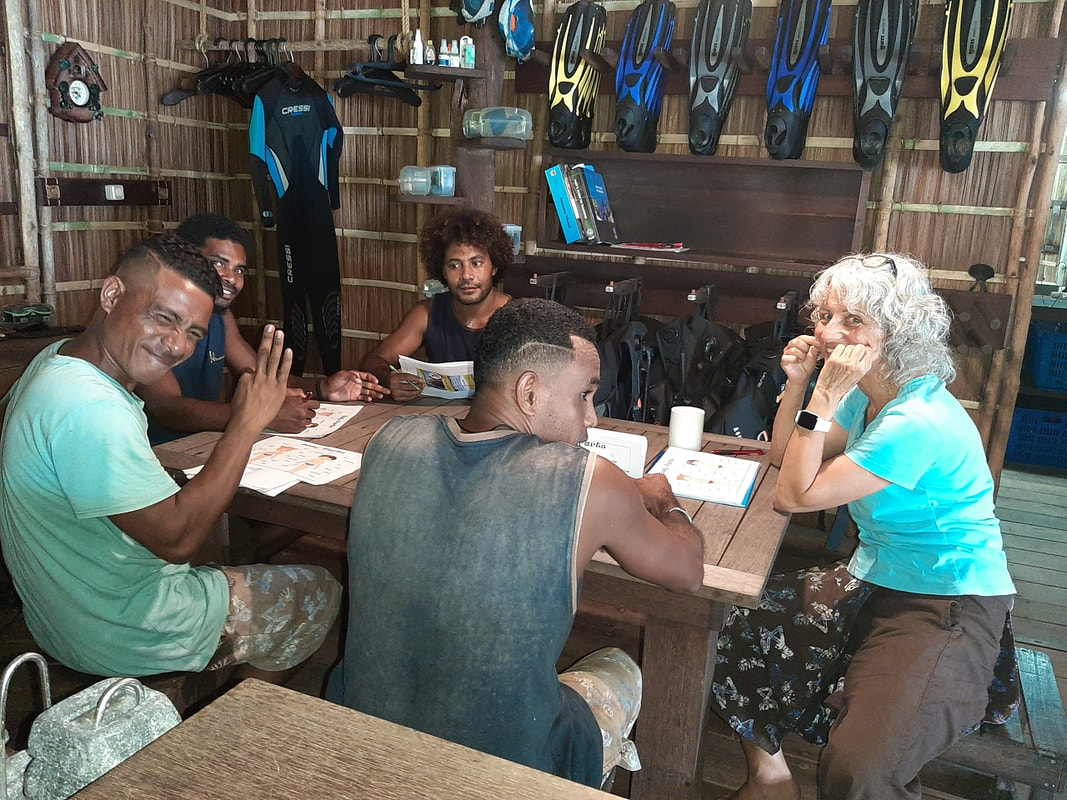
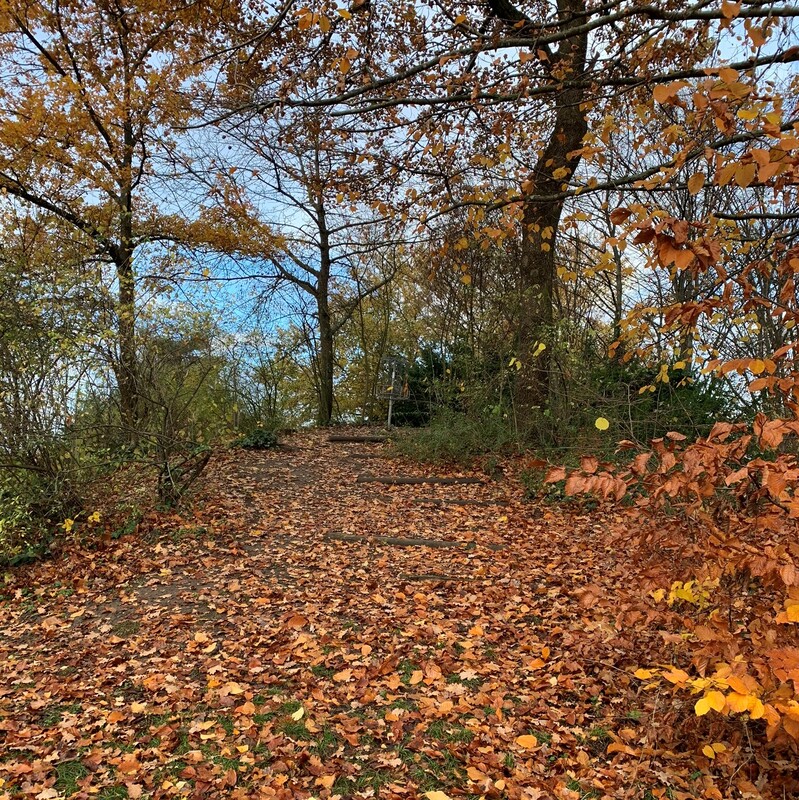
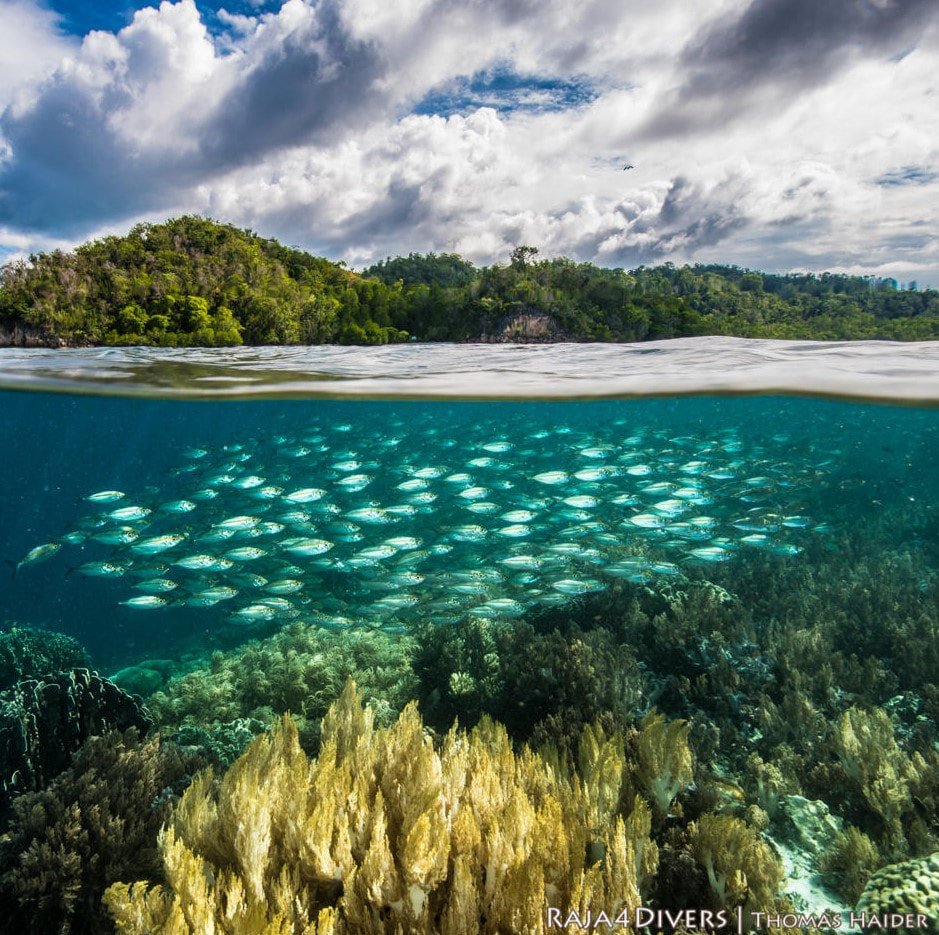
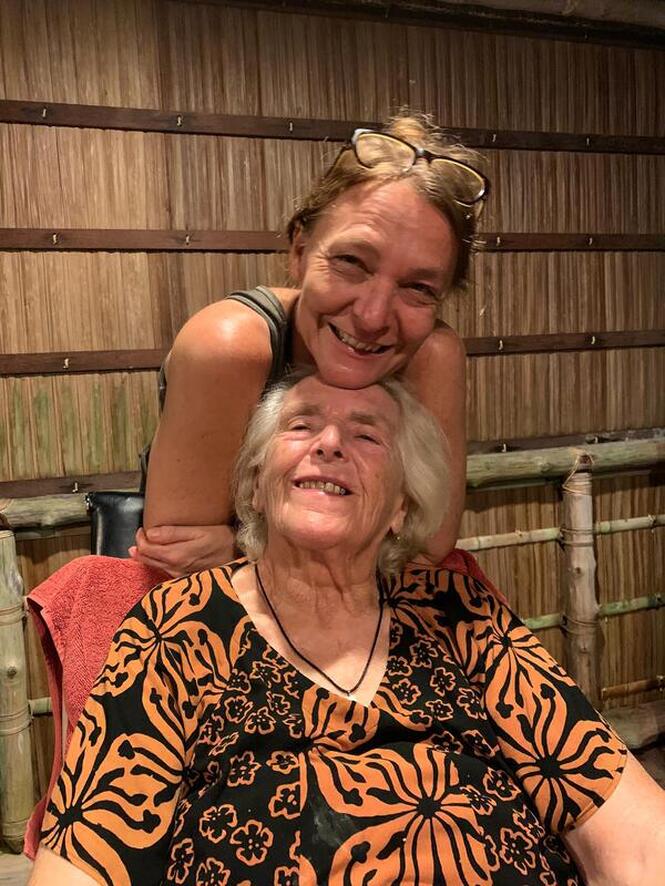
 RSS Feed
RSS Feed

